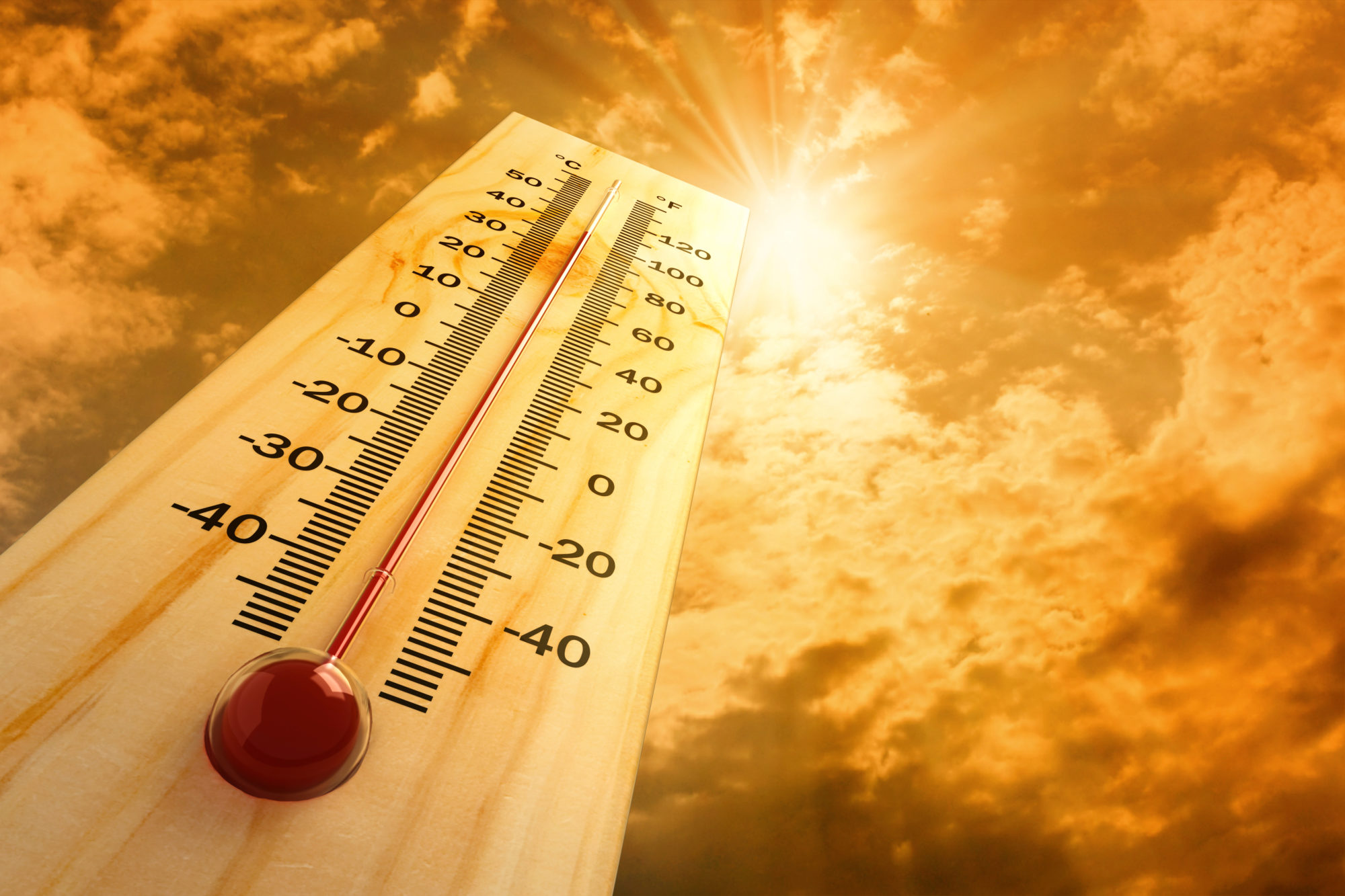Public Citizen Renews OSHA Petition on Heat Stress Standard
Public Citizen News / July-August 2021
By Sara Kate Baudhuin

This article appeared in the July/August 2021 edition of Public Citizen News. Download the full edition here.
Following years of Public Citizen’s advocacy pushing for a federal heat stress standard, a significant development came on June 14 when the U.S. Occupational Safety and Health Administration (OSHA) included a standard on its regulatory agenda. Though not yet formal rulemaking, this preliminary step makes clear that OSHA plans to issue a long overdue heat stress standard. Public Citizen led a petition to OSHA, co-submitted by 130+ other labor, health and climate organizations, heat stress experts and former OSHA directors, calling on the agency to issue a rule protecting workers from heat stress. The petition remains pending at the agency.
Heat is the leading weather-related killer in the U.S., killing more people annually than hurricanes, tornadoes, and floods combined. According to the Bureau of Labor Statistics, from 1992 through 2019, exposure to excessive environmental heat killed 907 U.S. workers and seriously injured 79,584. Excessive heat threatens workers in many different industries, both indoors and outdoors, but the harm falls disproportionately on Black and Brown workers. For example, although Latinx employees represent 17% of the U.S. workforce, they comprise 65% of farmworkers, putting them at 20 times greater risk for heat-stroke fatalities than the average U.S. worker.
Asunción Valdivia was one such casualty. In 2004, the Californian farmworker was working a 10-hour shift picking grapes when he collapsed and became unconscious. Valdivia and his fellow employees worked these long shifts in temperatures often exceeding 105 degrees Fahrenheit, putting them at extreme risk for heat exposure and other health complications. Instead of calling an ambulance, Valdivia’s employer instructed Valdivia’s son—also an employee—to drive him home. While in the car, Valdivia suffered an episode of heat stroke and passed away before he could get medical care.
Valdivia’s death was entirely preventable and could have been avoided through proper workers’ safety practices such as exposure limits, emergency medical response plans, and comprehensive monitoring procedures.
“Our most vulnerable and often undocumented workers are at the highest risk of being injured by heat,” said Public Citizen’s David Arkush, managing director of Public Citizen’s Climate Program. “We need to protect them right away.”
Since 2011, Public Citizen has played an instrumental role in pressuring OSHA to take an active role in protecting workers from heat stress, yet the administration had previously failed to respond with any action. Three years ago, Public Citizen led a petition urging OSHA to implement a heat stress standard which would create standard safety practices and prevent avoidable injuries and deaths. Two former OSHA directors and 131 labor, health, climate, and faith-based organizations joined Public Citizen in support of this petition, seeking to highlight the dangerous conditions that many workers face as a result of excessive heat exposure. When this petition was initiated in 2018, OSHA was under the direction of the Trump administration and despite the petition having public widespread momentum and support, it received no administrative response. With OSHA now under the direction of the Biden administration, Public Citizen leveraged this window of opportunity for this long-overdue protection standard.
To reassert these demands to OSHA’s new leadership and spur the agency finally to act, Public Citizen wrote to OSHA Director Jim Frederick in May 2021 urging OSHA to issue a heat standard. This letter put particular emphasis on how rising global temperatures are increasing the urgency of already dangerous working conditions. Twenty of the last 21 years were the hottest annual temperatures on record, and the summer of 2020 set many new heat records across the U.S. For decades, heat exposure has created extremely unsafe working conditions and as the situation continues to grow more urgent, it is clear that rules to protect workers are long overdue.
Many policymakers in Congress support this call to action. In March 2021, U.S. Reps. Judy Chu (D-Calif.), Raúl Grijalva (D-Ariz.), Bobby Scott (D-Va.), and Alma Adams (D-N.C.) and U.S. Sens. Sherrod Brown (D-Ohio), Catherine Cortez Masto (D-Nev.), and Alex Padilla (D-Calif.) jointly introduced the Asunción Valdivia Heat Illness and Fatality Prevention Act. Named in honor of Valdivia, this act orders OSHA to set a heat standard that protects workers in the U.S.
The latest development on June 14 is a huge milestone in this years-long collective effort. OSHA acknowledged that Public Citizen’s 2018 petition was still under consideration, meaning that the organization’s specific recommendations could help shape OSHA’s rulemaking.
A heat stress standard would include a set of rules that ensure employees have access to water and compensated breaks, monitoring procedures that identify dangerous situations, and emergency protocols in the event of heat stroke.
A federal standard would also provide significant economic benefits. U.S. employers annually spend $220 billion on workers’ comp for heat stress alone. Further, the 2018 U.S. National Climate Assessment estimated that lower employee productivity—as a result of rising temperatures and over-exertion—could cause annual losses of $155 billion by the year 2090. A federal heat stress standard could help prevent a large percentage of these costs and losses, benefiting employers in addition to workers.